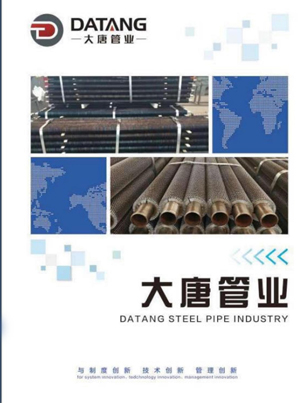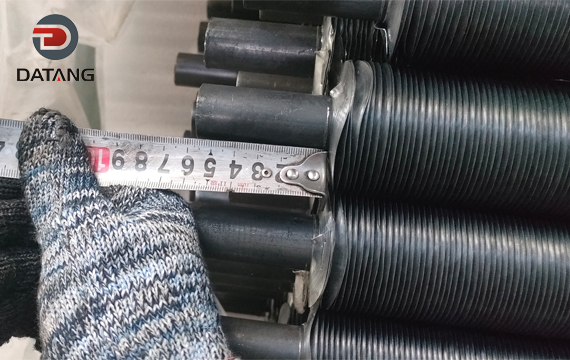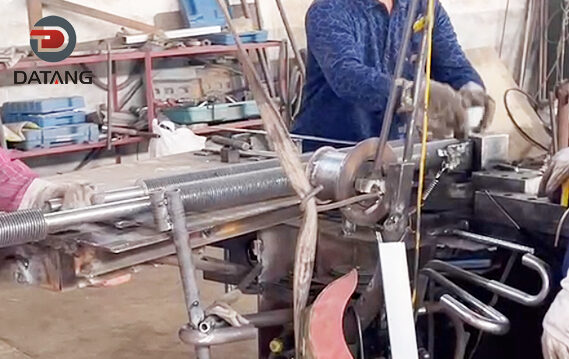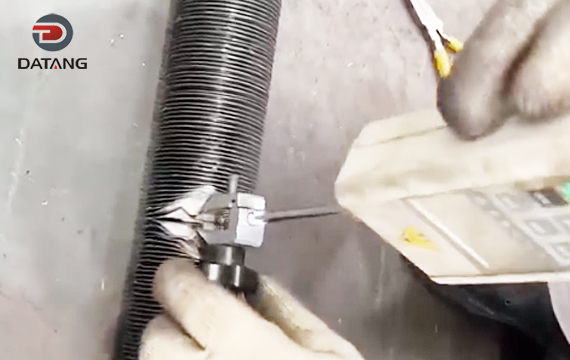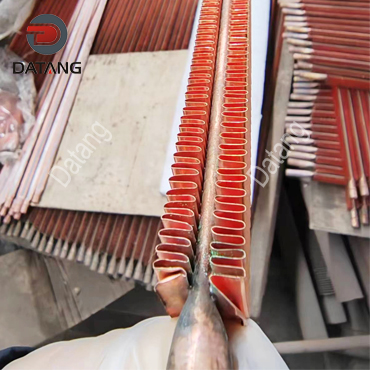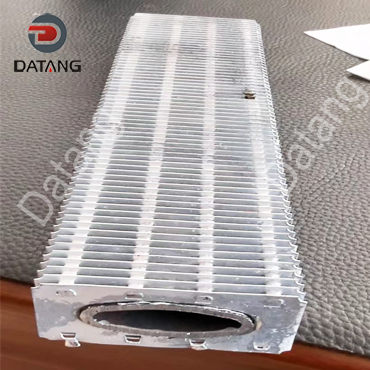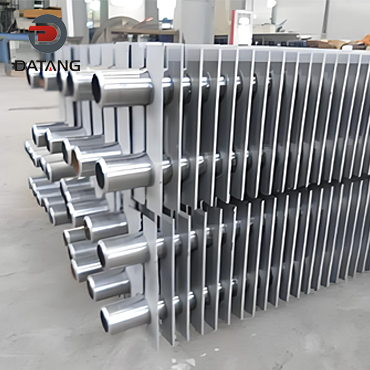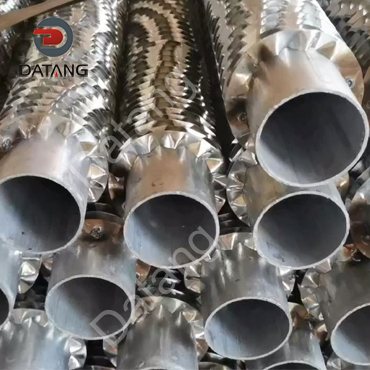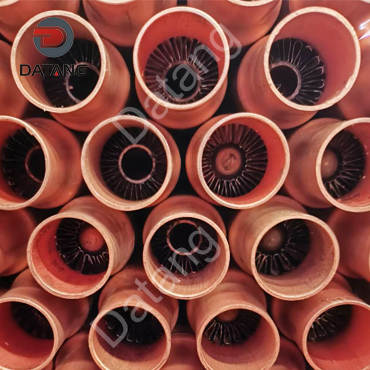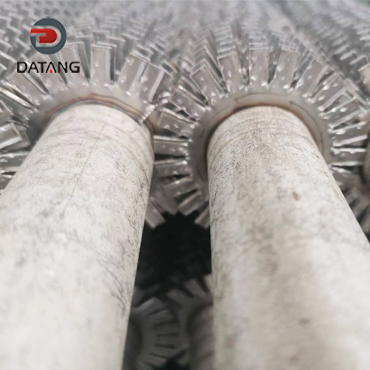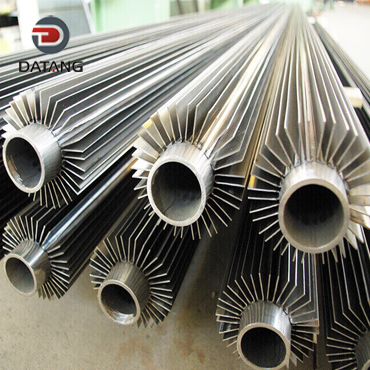LL Fin Tubes | Aluminium Finned Tubes
LL finned tubes are a type of heat exchange element made by winding process. Its characteristic is that the root of the fin completely covers the outer surface of the base tube to enhance the heat exchange effect and improve corrosion resistance.
- Tube Material:Stainless steel,Tube Diameter:15.88-50.80 mm,Wall Thickness:1.0-3.0 mm
- Fin Material:Aluminum,Fin Thickness:0.4-0.5 mm,Fin Pitch:2.1-6.0 mm,Fin Height:6.35-25.4 mm
Product Details
What are LL Fin Tubes?
LL finned tubes are a type of heat exchange element made by winding process. Its characteristic is that the root of the fin completely covers the outer surface of the base tube to enhance the heat exchange effect and improve corrosion resistance.
LL Fin Tubes Structural Features
The fins of LL finned tubes are L-shaped and spirally wound on the outer wall of the base tube under tension. The root fits tightly with the outer surface of the base tube to form a seamless connection. This structure can effectively reduce the contact thermal resistance and improve the heat exchange efficiency.
LL Fin Tubes Materials and Performance
Material: Common materials include carbon steel, stainless steel, copper, aluminum, etc., which can be selected according to specific working conditions.
Corrosion resistance: Bimetallic composite structure (such as copper/steel) can improve corrosion resistance, and the working temperature can reach 170°C.
Applicable scenarios: Applicable to boilers, industrial waste heat recovery, air conditioning and refrigeration, etc. where heat transfer needs to be enhanced.
LL Fin Tubes production process
High frequency welding or tension winding process is used, in which the tension winding process winds the fins on the base tube through mechanical or hydraulic devices, with high bonding strength and high degree of automation.
- Datasheet
- Drawing
- Certificates
| Tube Material | Wall Thickness | Tube Diameter | Tube Length |
| All types | From 1.0 to 3.0 mm | 15.88 / 50.80 mm | Max. 18500 mm |
| 0.039 in to 0.118 in | 0.625 / 2 in | 728 in | |
| Fin Strip Material | Fin Strip Thickness | Fin Pitch | Production Capacity |
| Aluminum/Copper | From 0.4 to 0.5 mm | From 2.1 to 3.0 mm | 12000 m per day |
| From 0.015 to 0.019 in | From 8 to 11 fins/inch |
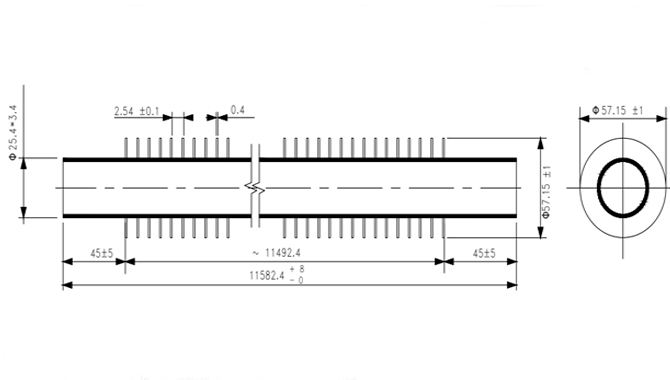

LL Fin Tube Appearance Dimension Inspection
LL fin tube appearance dimension inspection is one of the important links to ensure the quality and performance of fin tubes.
The inspection items mainly include fin height, fin spacing, fin thickness, base tube wall thickness and outer diameter, etc.
Datang LL fin tube Bending Processing
Bending of fin tubes is an important step in the production process of LL fin tubes. Bending is to bend the LL fin tube material through specific mechanical equipment to form a suitable curvature to meet different usage requirements.
This step requires strict control of the bending angle and curvature to ensure the fit between the fin and the base tube and the heat dissipation effect.
LL Fin Tube Pull Off Test
LL fin tube pull-off test is a test used to detect whether the fin tube will fall off when subjected to tension, mainly used to ensure the quality and reliability of the fin tube.
Datang’s this test is very important in the production process because the LL fin tubes will be subjected to various stresses during operation, such as temperature changes and pipe expansion, which may cause the fin to fall off, thereby affecting the performance and safety of the heat exchanger .








